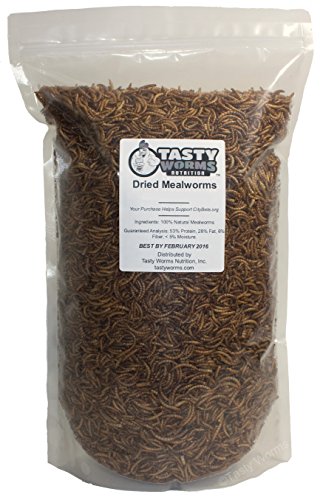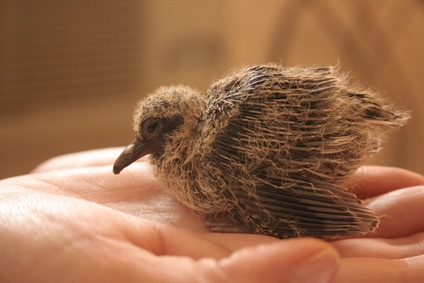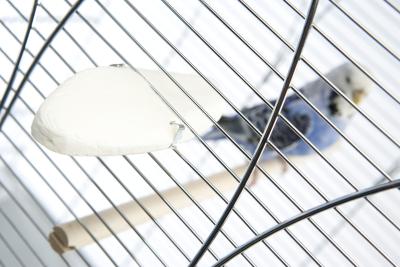Once thought to be extinct, the population of bed bugs has skyrocketed over the last decade. These insects have become an increasing nuisance, as reports of infestations have risen sharply. Dr. Michael Potter, a renowned University of Kentucky etymologist recently said, "Bed bugs are just going ballistic everywhere. It is going to really rock this country."
Bed bugs can thrive in a variety of locations, including homes, hospitals, delivery trucks, and dorms. Human blood is the food of choice for these parasites, as an infestation can flourish for months unbeknownst to the host. Although unable to transmit pathogens to humans, bed bugs can cause skin irritation and soreness, as well as obvious mental and emotional stress. The best defense against this sly pest is identification and early treatment.
What is a Bed Bug?
Bed bugs are nocturnal parasites that typically prey on human hosts while they sleep. A numbing and anticoagulant agent found in bed bugs saliva allows the human host to remain undisturbed while the parasite feeds. Adult bed bugs typically measure ¼-inch long, and are wingless with a flat head and brown in color. During the day, bed bugs lay dormant in tiny cracks and crevasses throughout a home or property. It is only at night when they rise to feed on the blood of unsuspecting humans.
Female bed bugs can lay up to 500 eggs in their lifetime, and can store male sperm for up to six weeks. Pregnant females are commonly transported to new sites by unknowing human hosts. This practice has earned these parasites the title of "the ultimate hitchhiker". Once established, adult bed bugs can live six to seven months without a blood meal, and can survive without humans by attacking rodents and birds.
Detection
Because bed bugs can easily find refuge in the smallest nook of a home, detection is often very difficult. To complicate matters, many homeowners may not realize they have an infestation for months, as these parasites feed only while their host sleeps. Early infestations often go ignored and it is only when the infestation is overwhelming that a professional is finally sought.
Early detection is always the cheapest and most successful solution. Specialized bed bug-detecting canines are used by some professionals for early infestation detection. These hounds can detect an infestation as small as a single insect. Other experts use sticky traps and other monitoring devices which present a cheaper alternative.
Control
Although the most efficient method of eradication is with a pest control professional, there are basic steps that homeowners can take to optimize their chances of complete eradication. When bed bugs are found, the first reaction of many homeowners is to immediately purchase an insecticide. However, unlike cockroaches and others pests, insecticides do not easily stick to bed bugs. Rather, the first step should be the physical removal of as many bed bugs as possible. This means vacuuming all carpets and furnishings in the affected area. When finished, take the vacuum bag and seal it in a plastic container, then freeze it for at least a week before disposal. Next, wash all clothes and sheets with a borax additive and dry on high heat. Be sure to inspect all places were clothes are stored (dresser, laundry basket, etc.) for pests.
With such a cryptic critter on the rise, it is important to stay protected. Regularly washing your bedding, and being wary of any temporary skin irritation or rashes are basic guidelines in the battle against bed bugs. However, without the help of an expert, it is virtually impossible to be sure one's home is free from this pest.

 Bird Mites Treatment
Bird Mites Treatment
Bird Mites Treatm
Bird Mites Treatment
Bird Mites Treatment
Bird Mites Treatm
 Attracting Birds to Feeders in Your Backyard
I assumed that it would be e
Attracting Birds to Feeders in Your Backyard
I assumed that it would be e
 How to Take Care of Wild Baby Birds
How to Take Care of Wild Baby Birds
Ho
How to Take Care of Wild Baby Birds
How to Take Care of Wild Baby Birds
Ho
 Homemade Bird Perch
Homemade Bird Perch
Homemade Bird Perc
Homemade Bird Perch
Homemade Bird Perch
Homemade Bird Perc
 Mourning Doves Are Hunted Now?
Credit: audreyjm529 on flickr / Licensed unde
Mourning Doves Are Hunted Now?
Credit: audreyjm529 on flickr / Licensed unde